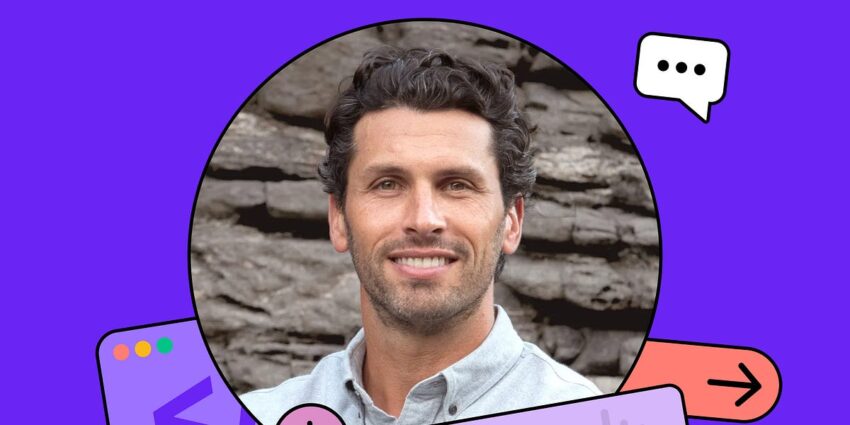TL;DR Summary of How AI and Health Data Synthesis Optimize Athletic Performance and Injury Recovery
Optimixed’s Overview: Leveraging AI Integration for Superior Health Management and Athletic Longevity
Introduction to AI-Powered Personalized Health Coaching
Lucas Werthein, COO and co-founder of Cactus, created an innovative AI-driven health coach using ChatGPT, aimed at synthesizing complex and varied health data sources to enhance athletic performance and recovery following multiple surgeries on his joints. His system integrates medical imaging, blood work, wearable device metrics, and nutrition plans, offering a comprehensive and personalized health profile.
Key Components of the AI Health Coach
- Data Integration: Combines MRI, x-rays, blood tests, and wearable data (e.g., Whoop, InBody) to create a holistic view of health status.
- Performance Boundaries: Sets clear limits that prioritize joint safety, energy balance, and injury prevention to maintain peak performance.
- Nutrition & Training Optimization: Provides frameworks to adapt nutrition intelligently around social events and training demands without compromising goals.
- Recovery Management: Emphasizes sleep, physical therapy, mobility work, and other regeneration strategies as integral parts of training cycles.
- Feedback Loops: Continuously validates and cross-references data to guide decisions, avoiding unproven supplements or risky protocols.
Benefits and Future Vision
This AI-powered approach transforms fragmented health data into actionable, personalized coaching that safeguards joints, amplifies output, and extends peak physical capacity. By enforcing hard boundaries—such as avoiding overtraining when recovery metrics are low and rejecting ineffective supplements—the AI ensures sustainable progress. Looking forward, AI health coaches are poised to revolutionize healthcare by delivering accessible, reliable, and tailored wellness guidance that adapts dynamically to an individual’s unique physiology and lifestyle.
